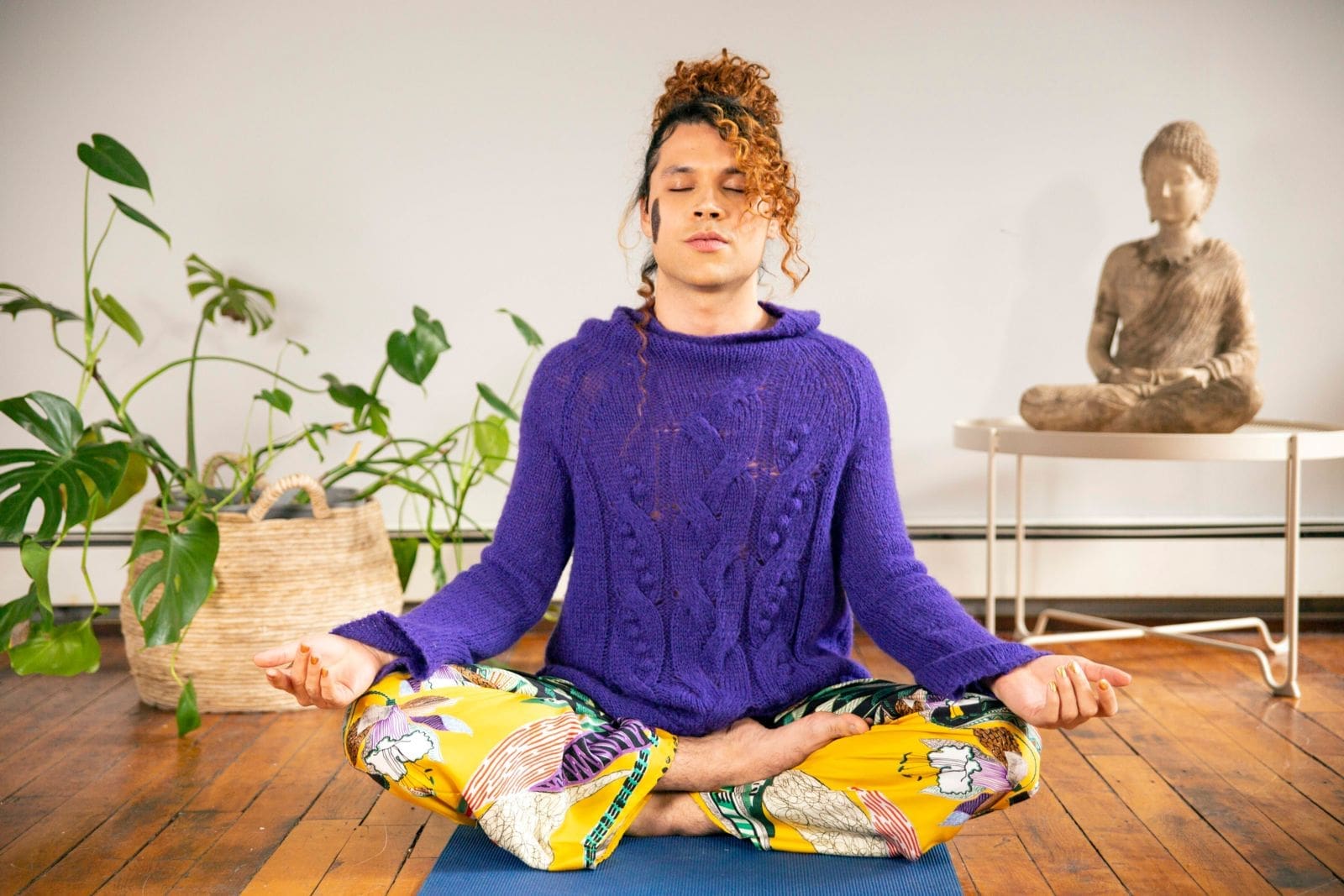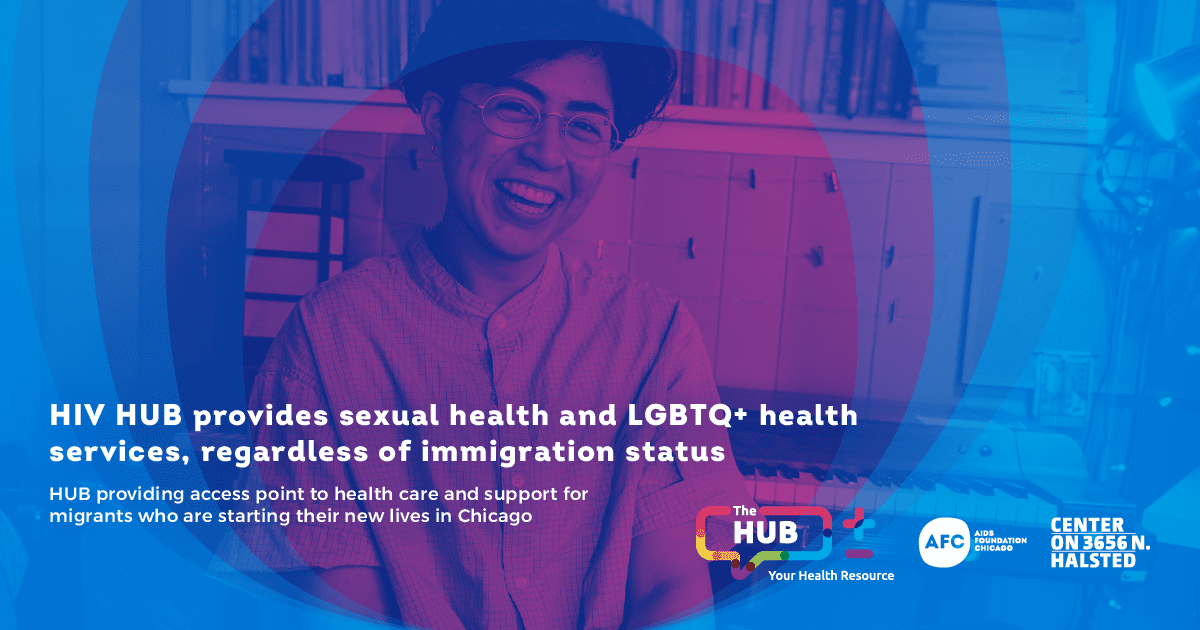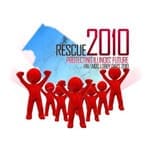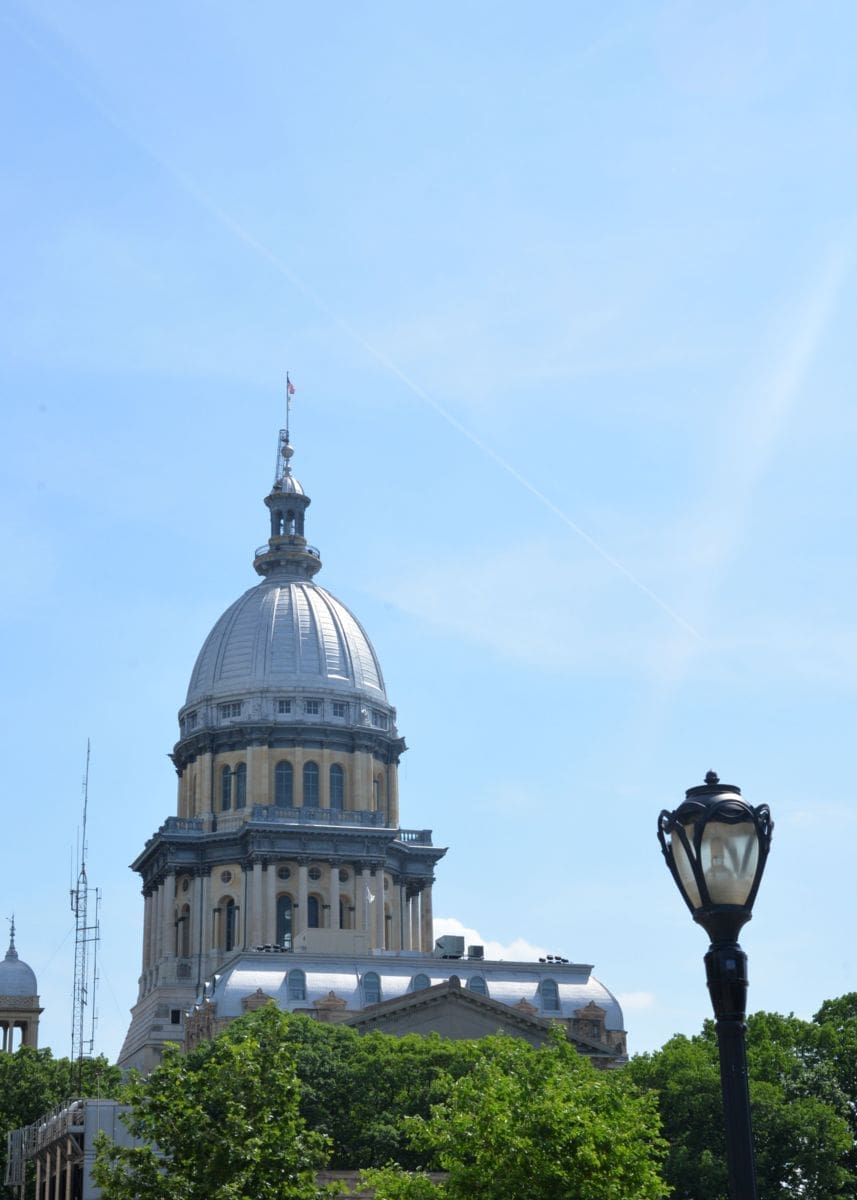By Indigo Quashie

Hey advocates,
In celebration of the success of Illinois HIV Advocacy Day on March 9, 2022, I wanted to discuss the importance of communal support and recovery. Hundreds of you took time out of your Wednesday schedules to advocate for AIDS Foundation Chicago’s (AFC) legislative bills that will get us closer to zero, and I am immensely proud of all of you. We were immersed in a day full of action, collaboration, and storytelling, and while doing the work was gratifying, take some time within yourself to process what you experienced. Use what you learned from advocating for these bills to reflect on the types of support you need as an individual.
Audre Lorde once said that taking care of oneself is not self-care, but an act of self-preservation. Many of us belong to communities that are not afforded the luxury of waiting for change, leaving us to do the work ourselves. Whether you are a person living with or impacted by HIV, Black or Brown, low-income, living with a disability, or everything in between, taking action without the proper support and resources can be exhausting. This is why I am excited to witness this year’s legislative priorities gaining so much traction during committee hearings, especially the LGBTQ+ Older Adults Bill and the GTZ-IL Omnibus Bill.
When reading the bill factsheets, one can recognize that they aim to not only improve Illinois’ conditions in supporting physical care services, but emotional and mental health care as well. As a fellow advocate, I empathize with the desire to pour into others before pouring into yourself. The need to protect your community members from the hardships and trauma that you have experienced firsthand. Fortunately, AFC’s bills seek to pour into everyone! The reforms ask for a range of things like increased racial equity in access to health-care resources; societal re-entry programs for people living with HIV; cultural competency trainings for professionals working with LGBTQ+ older adults; and even making PrEP and PEP available in local pharmacies to combat medical inaccessibility and mistrust. I believe that the passing of these bills would extend into a butterfly-effect increased care resources for people living in vulnerable and under-resourced communities. Imagine what living in Illinois will look like when we end the HIV epidemic by 2030.
While we are waiting for more updates on our legislative bills, here are pre-existing resources that seek to provide accessible physical, mental, and emotional care. The HIV Hub is an amazing tool that bridges people living with or impacted by HIV to services that support their needs. The HUB is a project launched by AFC and Center on Halsted in 2021 to help clients navigate their healthcare and supportive service options. In only one year, the HUB has been able to serve over 980 clients, providing over 3,000 acts of service to those clients. Ranging from case management connections, HIV testing and PrEP counseling, to simply providing an ear to those who need it, think of this website as home-base for essential HIV and LGBTQ+ care.
Another resource that I would like to share is one that I personally use. Tuning into your emotional and mental health can be a very scary and intimidating experience. Within Black and Brown communities, especially for those from older generations, it can be uncomfortable to have the space to be vulnerable about sensitive experiences. Of course, seeking professional therapy is an option, but not one that is equally accessible nor beneficial to everyone. Leaning on your community members and taking advantage of the platforms they create is a wonderful way to supplement this gap. When we are facing a wall of systematic discrimination, stigma, and miseducation, it can be hard to not get sucked into a spiral of anxious thoughts. Is there anything I can do? Have I done enough? Is it right for me to not want to advocate for change in the same way everyone else is? These are thoughts that I have too often had before, so you are not alone.
A habit I developed to snuff out this anxiety was to pick up meditation and mindfulness exercises. Finding time for solitude is necessary if you plan to sustain long-term advocacy. I recommend an app called Liberate. Liberate is a meditation app made by Black people, for Black people. Anyone can benefit from using this tool, but it was created due to the lack of culturally competent apps made available to the public. What I enjoy most about this app is that it highlights the intersectionality within the Black identity. There are recordings about ancestor veneration, self-worth, gender identity, masculinity, dealing with microaggressions and plenty more. Having free tools like this in your back pocket is a game changer when trying to support yourself through tough times when you feel like you are out of options.
Advocate care IS progress. Community healing is one dangerous tool when fighting against systematic oppression. Advocating for our legislative bills might remind you of some hard experiences, which is the last thing we want to do as an organization. Getting to zero by 2030 will be no easy task, so the least we can do is provide our advocates with the proper platforms and resources to sustain themselves. Legislative session will not be over until April, so it is vital to continue taking action on these legislative bills until then! The Advocacy Day Action Center is still available. Continue to send emails and tweets to your officials, even if you have already done so. Share the website with your circles, and together we can end the HIV epidemic in Illinois.
Access the Action Center to reach out to your officials before session is over here.
Create an account to access HIV Hub’s resources today by clicking here.



